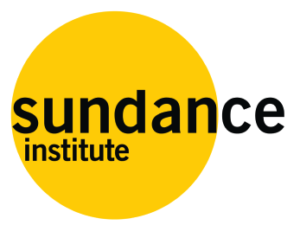The Latest
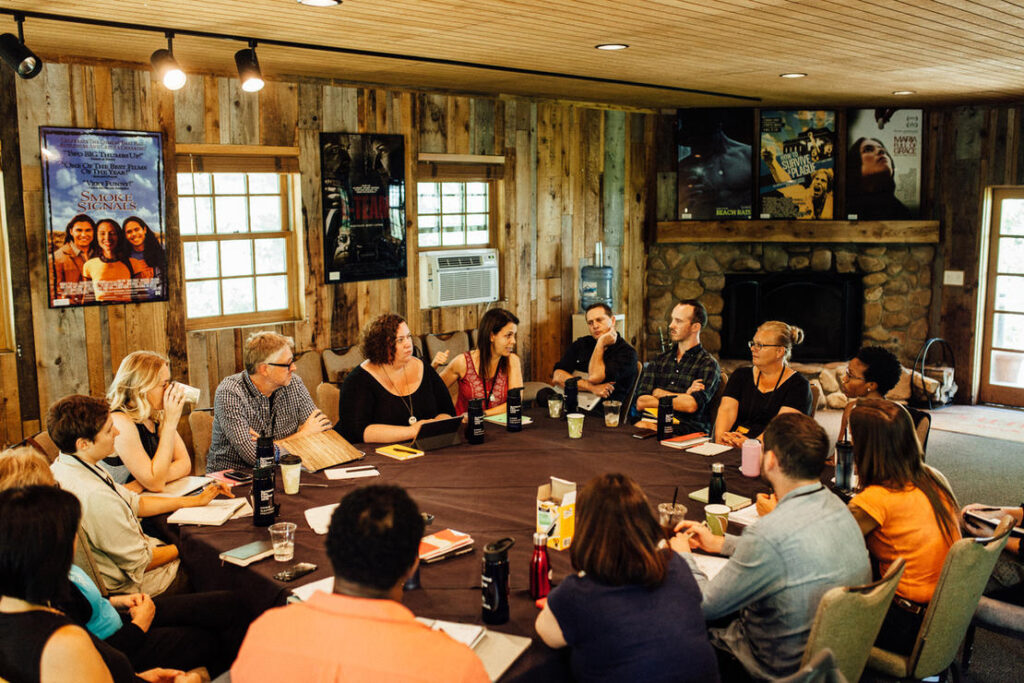
Sundance Institute Convenes Creative Producing Labs & Summit
Independent Fiction and Nonfiction Producers Collaborate With Industry Advisors
Los Angeles — Sundance Institute today announced the Fellows and Advisors slated for the annual weeklong Creative Producing Labs, which commence July 30 at Sundance Mountain Resort in Utah, as well as the industry leaders and other independent filmmakers who will gather for the three-day Creative Producing Summit immediately following.
Created to champion and develop the current and rising generations of producers, the Institute’s Creative Producing Program nurtures creative vision and holistic best practices at every stage of a film’s progress from development to audience engagement. The program, which recognizes the need for a flexible, robust support system and community in an evolving industry, includes the annual Labs and Summit as well as year-round mentorship, granting, education and opportunities for financing and distribution.

Crystal Kayiza: “Imagining a World Where Your Voice and Storytelling Belong”
One of the challenges of being a young emerging filmmaker, especially one committed to nonfiction storytelling, is imagining a world where your voice and storytelling belong.
In my everyday life, I’ve been blessed to work in a community of artists and mentors that affirms and encourages my work and growth. But the emerging film landscape, the new media world that will arrive faster than many anticipate, is something that I found to be largely inaccessible.
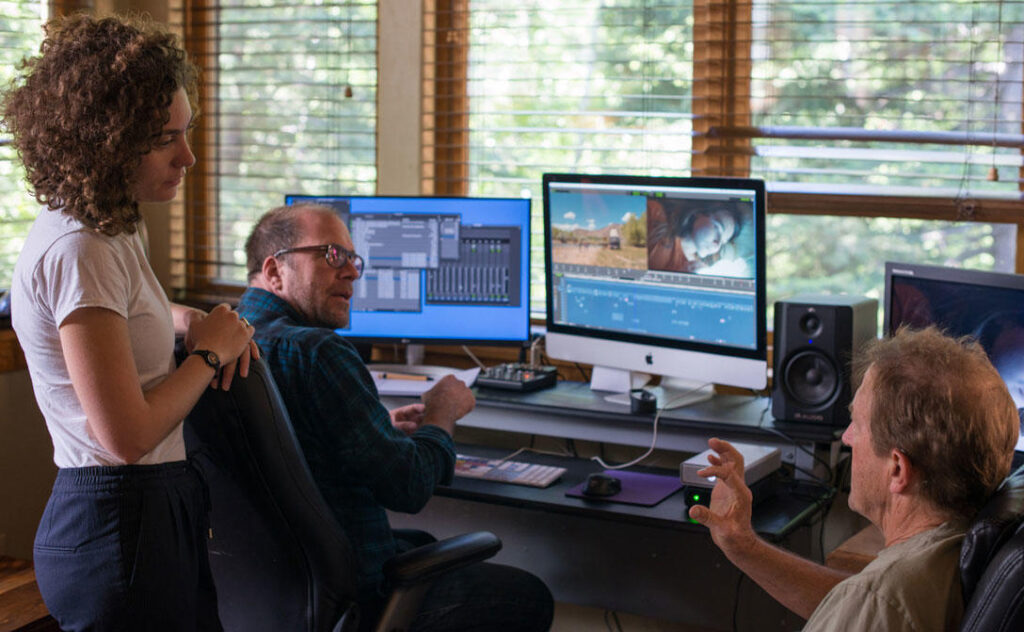
Everything Editors Need to Know About Sundance Institute’s Summer Labs
This month we’re spotlighting The Feature Film Program’s post-production support through the Sally Menke Memorial Editing Fellowship and the Editing Residency, which took place this past June in conjunction with our annual Directors Lab.
The Sally Menke Memorial Editing Fellowship honors the memory of beloved Sundance Institute mentor Sally Menke (editor on Reservoir Dogs, Pulp Fiction, Inglourious Basterds) and supports an emerging narrative editor in advancing their craft and building their career. The 2018 Fellow is Kate Hackett, whose work includes Amy Adrion’s acclaimed Half the Picture, a feature documentary about women directors in Hollywood, as well as myriad fiction short films.

Sundance Institute Brings $191 Million in Economic Impact to Utah with 2018 Sundance Film Festival
Expanded Technology Highlights at Least 124,900 Attendees, $19 Million in State and Local Tax Revenue, 3,323 Jobs Supported
Park City, Utah — The nonprofit Sundance Institute today announced that its 2018 Sundance Film Festival, which
took place in Park City, Salt Lake City and Sundance, Utah in January, generated a total economic impact of $191.6 million.
These numbers come from an independent
economic impact study conducted by
Y² Analytics, which utilized the methodology and expanded upon the technology introduced last year to give a more holistic
picture of the Festival’s impact on the state of Utah’s economy than has previously been available.
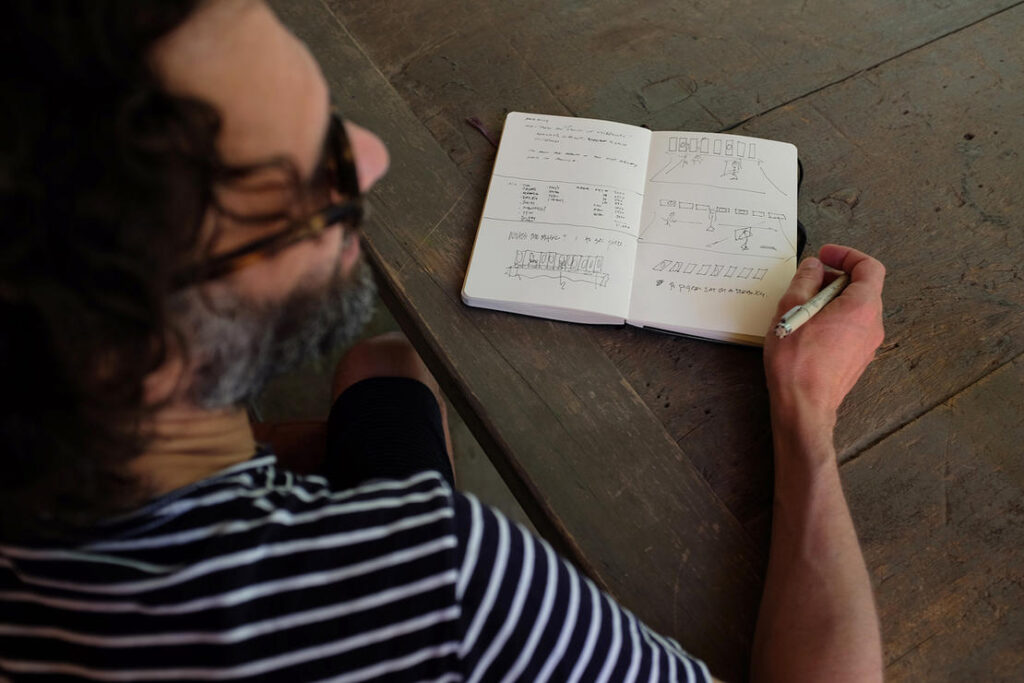
Sundance Institute’s Theatre Directors Retreat in Arles: Fellows Announced
International Stage Directors Convene for Creative Exchange
Los Angeles, CA — Sundance Institute today announced the five directors who will gather at the annual Sundance
Institute | Luma Foundation Theatre Directors Retreat in Arles, France, from July 12-23, 2018. The Retreat was developed
in 2013 as an opportunity for mid-career directors to meet, work on upcoming projects and to share ideas and practices
across borders. “This unique collaboration between the Institute and the Luma Foundation reflects our shared values around artist support,”
said
Philip Himberg, the Theatre Program’s Artistic Director, “Specifically, we create a space for attendees
to reconnect with their creative impulses, and for the Fellows to connect with one another across cultural borders as colleagues
and world artist citizens.
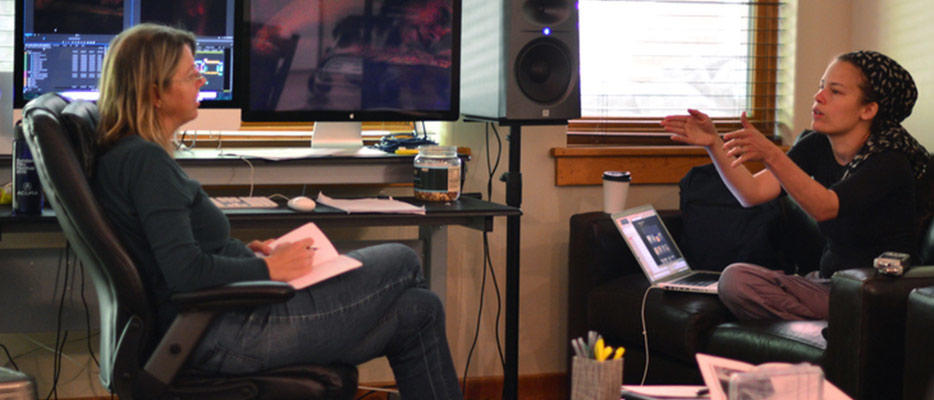
Sundance Institute Selects Projects for 2018 Documentary Edit and Story Lab
Los Angeles, CA — Five projects will convene at the Sundance Resort in Utah for the flagship Documentary Edit
and Story Lab on July 6, Sundance Institute announced today.
The Lab creates a space to develop, interrogate and collaborate on independent nonfiction films that are in the later stages
of post-production. Through a rigorous process, director and editor teams come together with renowned documentary filmmakers,
who advise on the process of recentering their work around original motivations, tweaking or reconceiving dramatic structures,
and exploring story and character development.

A Refugee’s Daughter on the Travel Ban Decision: Closed borders impede the global artist community
In 1978, Hala Kaddoura’s father immigrated as a Palestinian refugee from Lebanon to the United States, where Hala was born. She then lived in Lebanon for most of her life until moving to San Francisco, and now resides in Los Angeles where she works as the social media manager for Sundance Institute.
This Independence Day, I’ve been reflecting on what America means to the world—and to me.
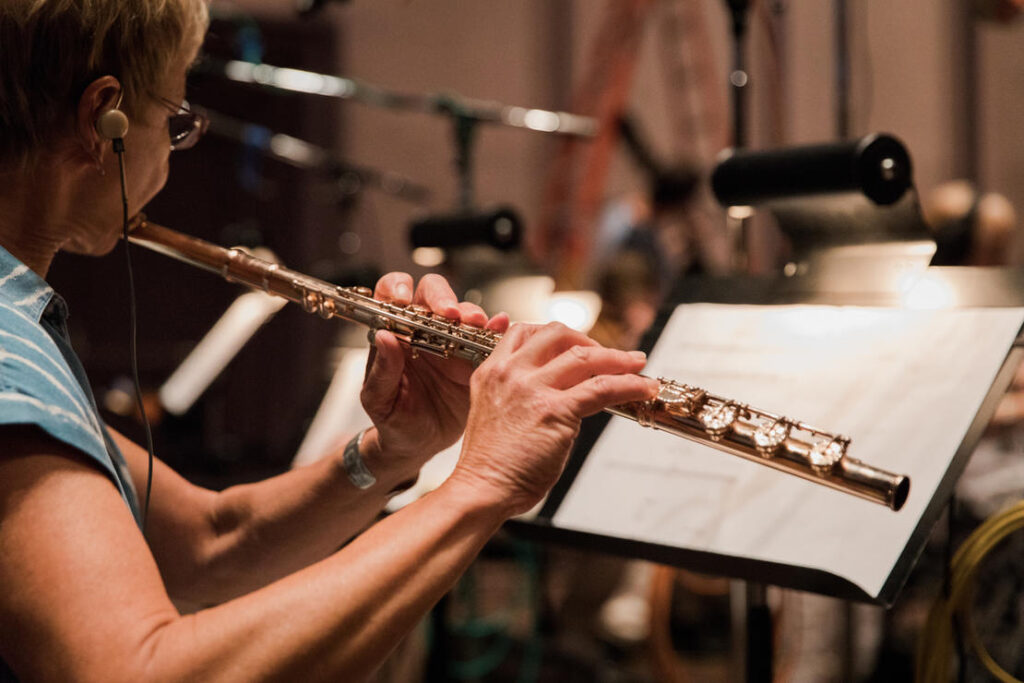
Sundance Institute and Skywalker Sound Announce Composers and Directors for 2018 Film Music and Sound Design Lab
Fiction Film and Documentary Labs Combined into One Lab for the First Time Ever
Los Angeles and Marin, CA — Sundance Institute and Skywalker Sound today announced the composers and directors
selected for the Sundance Institute Film Music and Sound Design Lab, which returns to the legendary Skywalker Sound Facilities
for the sixth year. More than half of the composers selected for this year’s Lab are female.
At the Lab, composers, directors and sound designers will collaborate to develop music and sound for fiction and nonfiction
film projects.
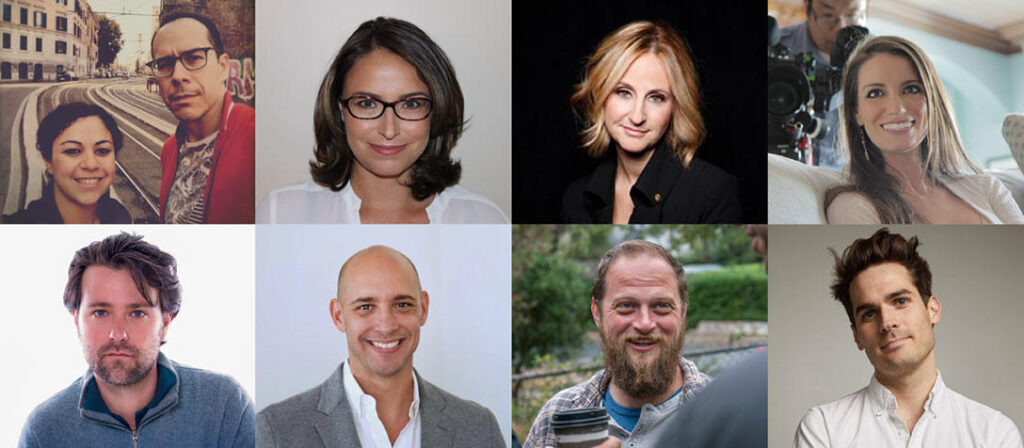
Sundance Institute Announces 2018 Creative Distribution Fellowship Films
Sundance Institute announced today that three films have been picked for the second edition of the Creative Distribution Fellowship, following the 2017 release of inaugural fellowship films Columbus and Unrest. The new slate consists of the 2018 Sundance Film Festival documentaries The Devil We Know and 306 Hollywood (the latter of which also won the Emerging International Filmmaker Award at HotDocs) as well as Thunder Road, which premiered at the 2018 SXSW Film Festival, winning the Feature Film Grand Jury Award. These three films and filmmaking teams feature unique voices, bold release strategies, and a willingness to share their experiences with the field through expansive case studies, following the example of the case studies of Columbus and Unrest released earlier this year.

A Message from Sundance Institute Founder Robert Redford
We don’t often speak together, but as parents and grandparents ourselves, my wife Bylle and I simply could not stay silent today. I hope you won’t either.This is not America.
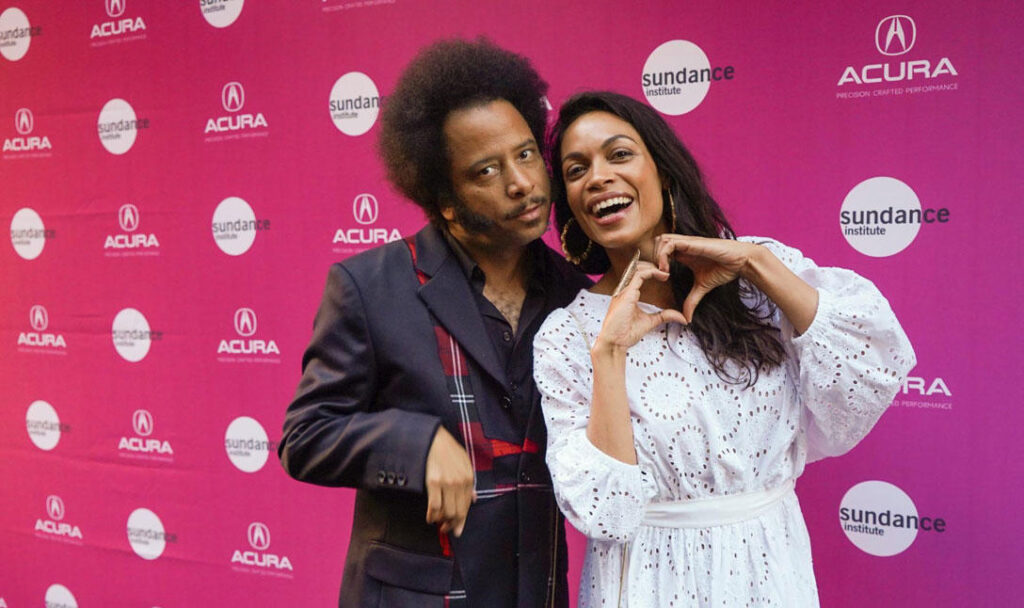
Honoring the Irrepressible Boots Riley
“Coming up to people as a musician and saying I got a script—nobody wants to hear that. They’re like, yeah, of course you want to make a movie. You probably want to get a line of shoes, and you want to get a barbecue chain or something like that,” said first-time director Boots Riley at last night’s special L.
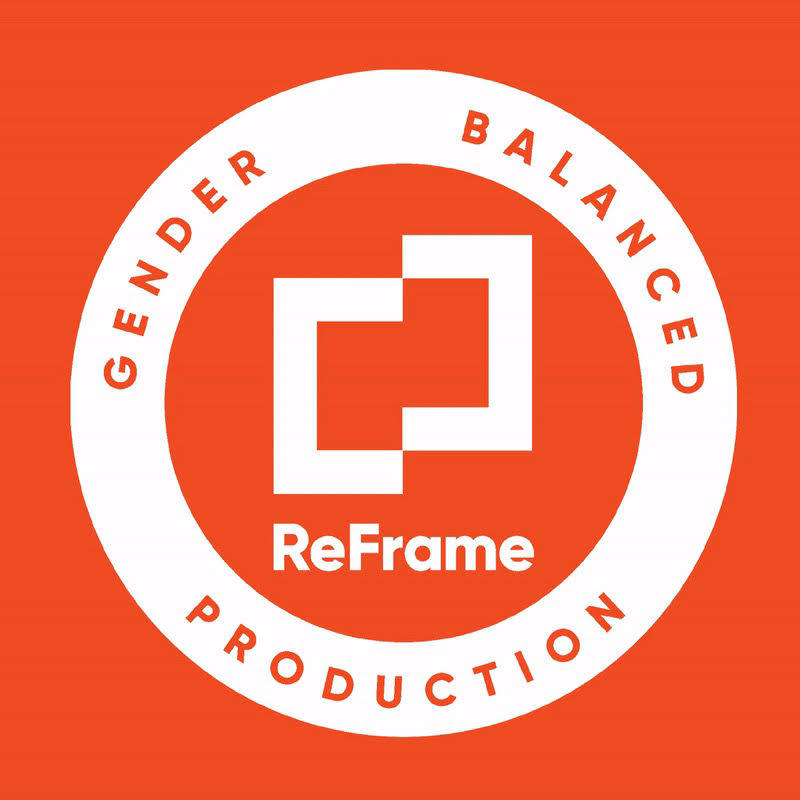
ReFrame and IMDbPro Announce New Collaboration to Recognize Standout Gender-balanced Film and TV Projects
The ReFrame Stamp is being Awarded to 12 Films from 2017 including
Everything, Everything; Girls Trip; Lady Bird; The Post; and
Wonder Woman
Los Angeles, CA —
ReFrame™, a coalition of industry professionals and partner companies founded by Women In Film and Sundance Institute
whose mission is to increase the number of women of all backgrounds working in film, TV and media, and
IMDbPro (
http://www.imdbpro.com/), the leading information resource for the entertainment industry, today announced a new collaboration
that leverages the authoritative data and professional resources of IMDbPro to recognize standout, gender-balanced film
and TV projects.
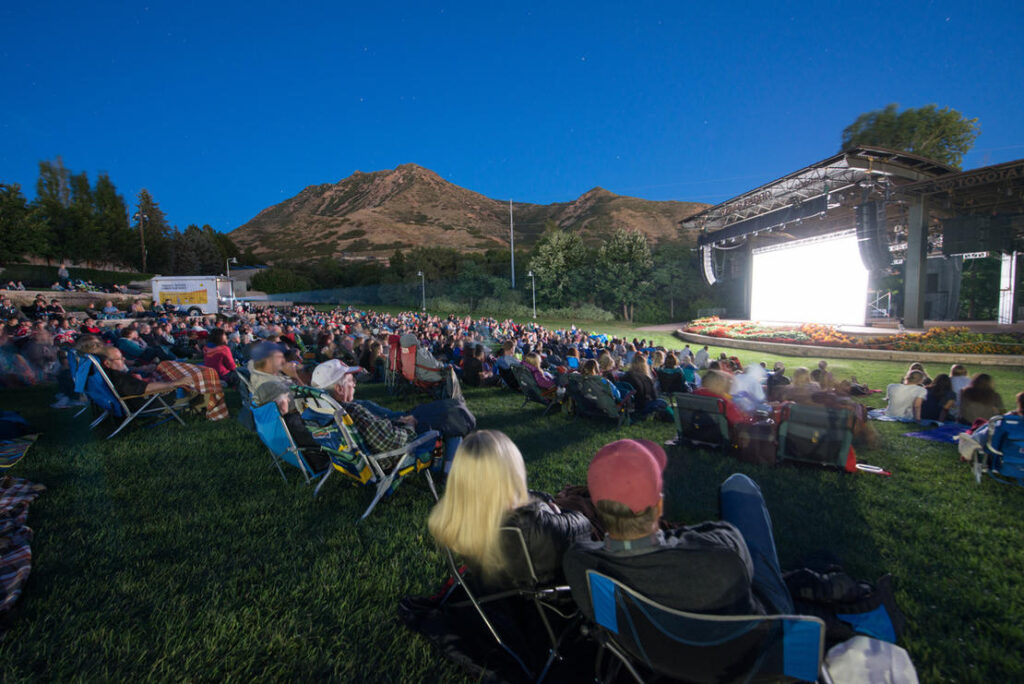
Sundance Institute Expands Free Summer Film Screenings in Salt Lake City, Park City, Ogden, St. George and Kamas
Largest-Ever Summer Film Series Showcases Utah with Eleven Sundance Favorites, Including
Butch Cassidy and the Sundance Kid, Brigsby Bear, Man on Wire and
Won’t You Be My Neighbor?
Offscreen: Visiting Filmmakers, Games, Contests and a Vote for Final Series Screening at
sundance.org/utah
Park City, UT — Utah’s summer movie tradition is back for its 21st year with its largest lineup yet! Sundance
Institute will once again celebrate summer and Utah’s natural beauty with free screenings of eleven Sundance Film
Festival favorites, taking place in Salt Lake City, Park City, Ogden, Kamas and, new this year, St. George.
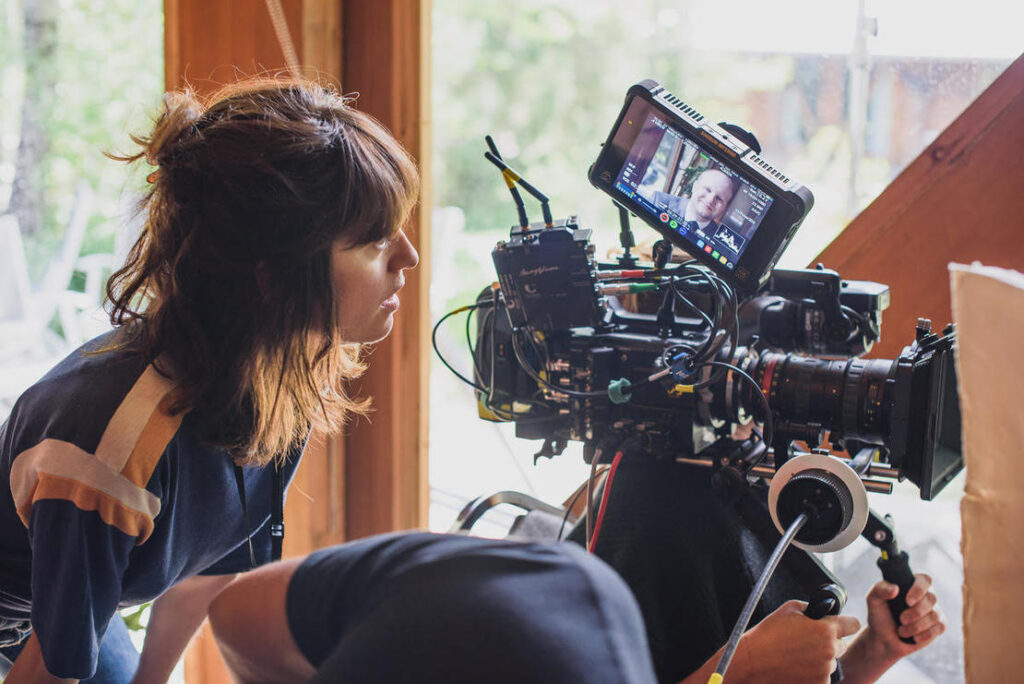
Thirteen Independent Feature Film Projects Selected to Attend Sundance Institute Directors & Screenwriters Labs
Visionary Storytellers to Receive Individualized Mentorship from Industry Notables and
Year-Round Suite of Creative and Tactical Support
Los Angeles, CA — Thirteen new independent feature projects from the U.S., Cuba, Kenya, Mexico, Morocco, and Palestine
have been selected for the 2018 Sundance Institute Directors and Screenwriters Labs.
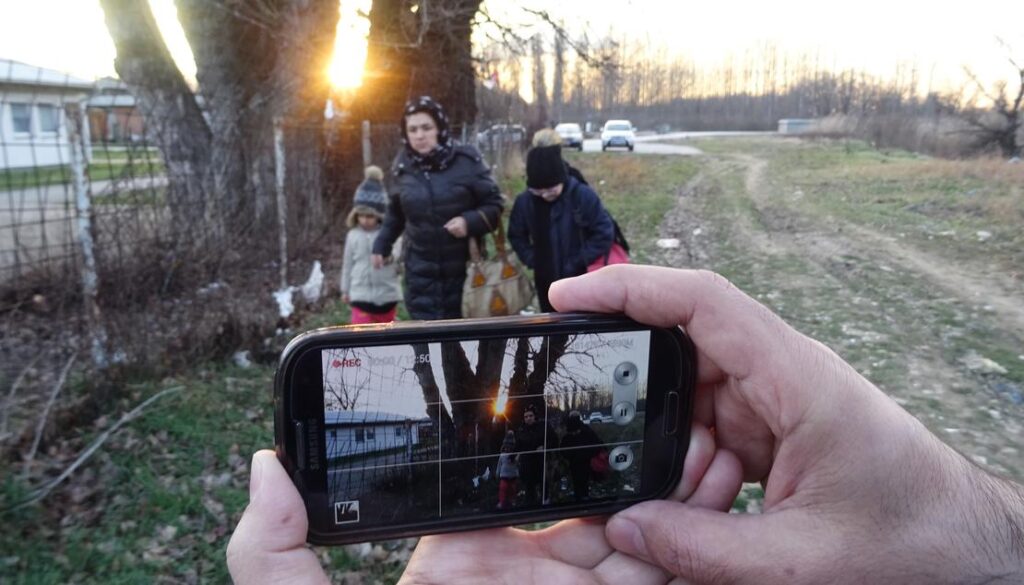
Sundance Institute: Over Half a Million Dollars to Documentary Projects
Twenty-Three Projects from Twelve Countries Among Documentary Film Program’s Latest Grantees
Los Angeles, CA — More than $585,000 in targeted grants will support a global crop of independent nonfiction storytellers,
Sundance Institute announced today. 58% of the supported projects are helmed by women, and 48% are from outside the U.S.
